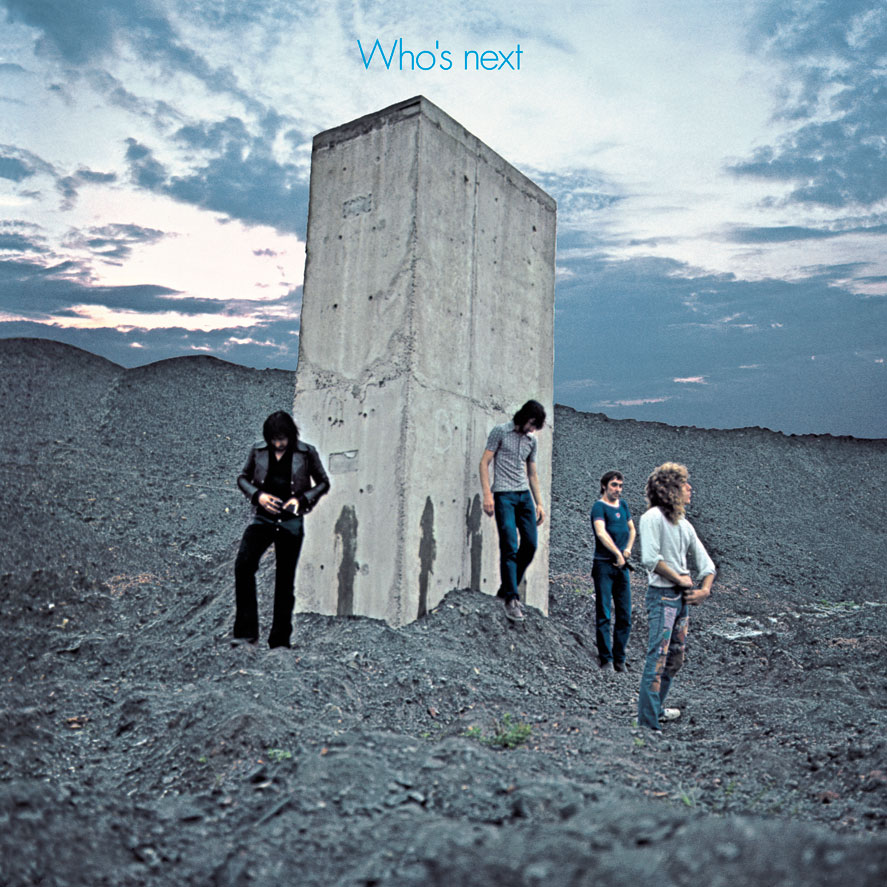Review: Who’s Next is a hit
Some of the greatest rock songs of all-time were released in The Who’s 1971 studio album.
Photo Track Decca
The album art for 1971’s Who’s Next by The Who.
May 22, 2020
This review is part of a new RHSToday series where we review albums from before 2000 as if they were just released.
It’s fair to say that The Who was one of the most popular and influential rock bands not only in their time and era, but in all of history. They were among the first to use synthesizers to enhance their sound, on the front-lines of classic rock culture making major contributions to the music world with an energetic stage presence, booming sound systems and power chord techniques. The band released ten studio albums, but the greatest was the toned-down nine-track Who’s Next of 1971.
Most of the songs on the album are on the longer side, falling into the category of being a rock opera, with prolonged instrumentals filled with twangy guitar chords and drum patterns between short spurts of lyrics. The Who takes on a style similar to Led Zeppelin’s: rock and roll with notes of jazz and country elements.
A perfect example of a song on the album that combines all of these aspects is the final track, “Won’t Get Fooled Again”, which really encapsulates that classic rock feel of the 70s with lyrics. The song is about a revolution, which is very on brand topic among 20th century rock-stars. Cynicism is clear in lead singer Roger Daltry’s voice however, expressing that nothing has truly changed as he sings that he is going to “Pick up my guitar and play / Just like yesterday.” I find the song empowering and emotive, and for that reason, it is one of my favorite tracks on Who’s Next, and others seem to like it, too, as it is one of The Who’s most popular songs of all-time.
“Behind Blue Eyes” juxtaposes most of the other songs on the album. It’s a softer, soul-searching lyrical piece that is just artfully thought provoking. The song is filled with melancholy, opening with “No one knows what it’s like / To be the bad man, to be the sad man / Behind blue eyes.” It’s about someone who feels out of touch with themselves, lonely behind faux happiness and innocence which is represented as blue eyes. Sad and melodramatic, the lyrics always have me pondering their meaning which ultimately resorts to countless theories and what not about the band and underlying messages left in the song. The sleepy moodiness of the music and singer’s harmonies is a break in The Who’s usual classic rock sound, but it’s nice regardless, and oddly soothing.
Other songs such as “Going Mobile”, “Getting in Tune” and the playfully worded “My Wife”, also happen to be hits on Who’s Next, proving the album’s comprehensive greatness. If you are into classic 1970s-era rock, I recommend this album one hundred times over.











